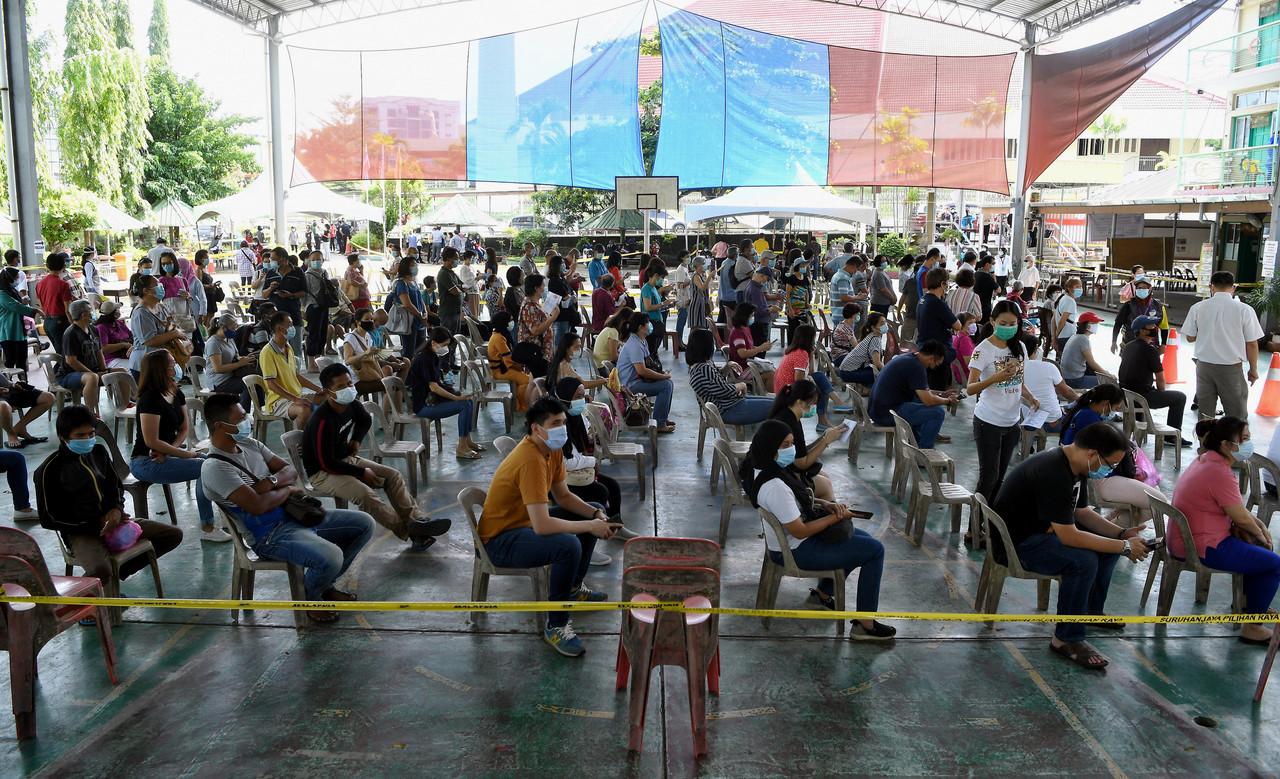How to conduct pandemic polls? Senior officials tongue-tied in meeting with PM
No clear solution proposed on how to conduct impending election in Sarawak.
Conversation came to a halt during a recent high-level meeting among the agencies tasked with fighting the Covid-19 pandemic after they were asked for their views on how to conduct elections during the pandemic season, now that a proposal for a state of emergency has been shot down.
A source who was privy to the discussion involving top officials from health, legal, security and border control agencies, said there was only “silence” when Prime Minister Muhyiddin Yassin posed the question.
“The likelihood of pandemic-season snap polls, as well as the state election which must be held in in Sarawak next year, appeared to top the list of concerns at that particular meeting,” the source told MalaysiaNow.
Muhyiddin’s government had submitted a proposal to the Agong that he invoke his constitutional powers to declare a state of emergency amid threats by a group of MPs in the ruling bloc to shoot down the budget bill next month.
Any such move would see the collapse of the government, triggering snap polls which health officials have repeatedly warned against.
Following a meeting of the Malay rulers, though, Sultan Abdullah Sultan Ahmad Shah decided against declaring an emergency, and instead issued a stern warning to politicians against destabilising the government through politicking.
Fears of an election in the midst of the Covid-19 pandemic arose following the state election in Sabah which saw many peninsular politicians returning with the virus after weeks of campaigning.
Although the Election Commission (EC) has said it will follow strict health SOPs if polls are called, there have been no clear guidelines that could strike a balance between public health and a fair election.
Yesterday, health director-general Dr Noor Hisham Abdullah said he would not recommend elections as long as the pandemic continued, although he would work with the EC to determine different ways of approaching the issue.
If an election must be held, he said, there should be no outstation travel, mass gatherings or house-to-house visits.
“The concern is that those conditions run contrary to fair elections, and could lead to the results being challenged,” the source said.
“Voters have the right, we cannot stop them from going home.”
The source also said that the meeting attended by the agency chiefs had heard that it would be challenging for health authorities to ensure that Sarawak remains a green zone to avoid any restriction of movement for voters.
At the moment, only the state capital of Kuching is considered a red zone while Sibu is a yellow zone.
The source said Muhyiddin had asked if there was any assurance that Sarawak voters from red zones would not cause a spike in the spread of the virus to other parts of the country, as had happened with the Sabah polls.
He also said the EC and other authorities would not be able to prohibit voters from returning to their constituencies to cast their ballots.
“Voters have the right, we cannot stop them from going home. That was why we proposed a state of emergency,” the source quoted the prime minister as saying, adding that this was met with silence from those at the meeting.
“So how do we manage them, voters in Sarawak who live in Sabah? How? I don’t need answers, I know you won’t be able to,” the prime minister was also quoted as saying.
A representative from Sarawak proposed that all outside voters undergo Covid-19 swab tests three days before entering the state, but this was shot down by a senior health official who said it would be logistically impossible to test half a million people in such a short period of time.
Swab tests for each person could cost at least RM600, conducted upon entry and departure from the state.
“There are simply not enough labs for that kind of volume,” the official said, adding that the Sarawak election should be postponed “so that the Sabah episode does not recur”.
“Please think of the frontliners. It will be more difficult this time due to Sarawak’s demography,” the official added, referring to the rural areas in the state which cannot be accessed by road.
Sarawak last held its state election in 2016. Its next is due by 2021.
The source said Muhyiddin had repeatedly said he was worried about a pandemic-season state election in Sarawak given the absence of a state of emergency which could have prevented it.
“Under an emergency, it can be delayed for six months. But we accept and we respect the Agong’s decision,” the source quoted the prime minister as saying.
Subscribe to our newsletter
To be updated with all the latest news and analyses daily.
